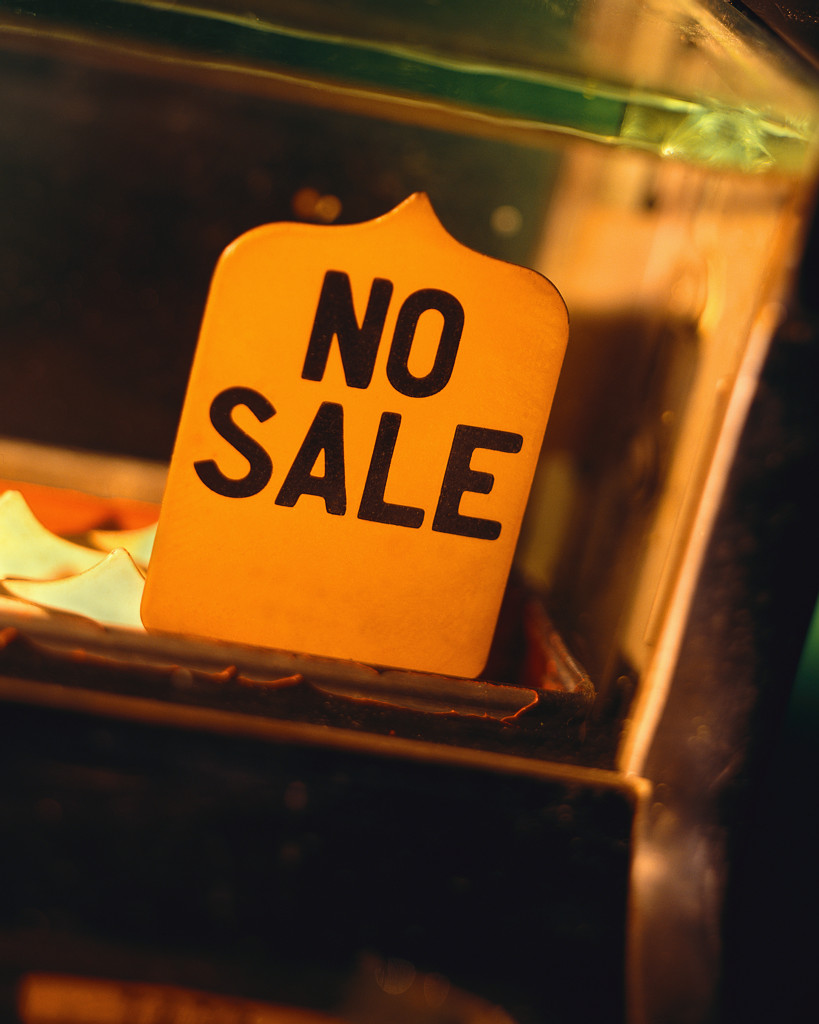 It's been reported by most of the major media outlets, but just in case you missed it, some lawyers at top firms are now charging their clients a hefty $1000 an hour for their services.
It's been reported by most of the major media outlets, but just in case you missed it, some lawyers at top firms are now charging their clients a hefty $1000 an hour for their services.
Do I hear a ka-ching?
Here's the version of the report that appeared in today's Wall Street Journal :
Lawyers Gear Up Grand New Fees
Hourly Rates Increasingly Hit $1,000,
Breaching a Level Once Seen as TabooBy NATHAN KOPPEL
August 22, 2007; Page B1The hourly rates of the country's top lawyers are increasingly coming with something new -- a comma.
A few attorneys crossed into $1,000-per-hour billing before this year, but recent moves to the four-figure mark in New York, which sets trends for legal markets around the country, are seen as a significant turning point.
On Sept. 1, New York's Simpson Thacher & Bartlett LLP will raise its top rate to more than $1,000 from $950. Firm partner Barry Ostrager, a litigator, says he will be one of the firm's thousand-dollar billers, along with private-equity specialist Richard Beattie and antitrust lawyer Kevin Arquit. The top biller at New York's Cadwalader, Wickersham & Taft LLP hit $1,000 per hour earlier this year. At Fried, Frank, Harris, Shriver & Jacobson LLP, also of New York, bankruptcy attorney Brad Scheler, now at $995 per hour, will likely soon charge $1,000.
At large firms, billable rates have climbed steadily over the years, since 2000 rising an average of 6% to 7% annually, according to the law-firm group of Citi Private Bank, a unit of Citigroup Inc. But for some time, the highest-billing partners at top big-city firms have hovered in the mid-to-high $900 range, hesitant to cross the four-figure threshold. "We have viewed $1,000 an hour as a possible vomit point for clients," says a partner at a New York firm. "Frankly, it's a little hard to think about anyone who doesn't save lives being worth this much money," says David Boies, one of the nation's best-known trial lawyers, at the Armonk, N.Y., office of Boies, Schiller & Flexner LLP.
A select group of attorneys began billing at that rate before this year, such as Stephen Susman, a founding partner of a Houston firm who has tried big-ticket cases around the country, and Benjamin Civiletti, a former U.S. Attorney General under President Carter and a senior partner at Washington, D.C-based Venable LLP. And in London, top attorneys bill at rates that, when converted, can hit almost $1,500 an hour.
As a critical mass develops around fees of $1,000 an hour in New York, though, more firms may feel comfortable going to that level and beyond. "One-thousand dollars per hour has symbolic significance," says Robert Rosenberg, a Latham & Watkins LLP partner who bills $925 an hour. "But like the year 2000, it's just a number."
Yet, many attorneys are still reluctant to charge $1,000 an hour. "There is a perception issue between $1,050 and $950," says Hugh Ray, a partner at Andrews Kurth LLP in Houston. "At some point, you look bad if you go too high." Mr. Boies says psychology in part has held him back from charging more than $880 per hour, noting, "When I started practicing law in 1966, my billing rate was considerably under $100."
Law firms also derive comfort from running with the pack. "We prefer not to be market leaders when it comes to rates," says J. Gregory Milmoe, a bankruptcy attorney at Skadden, Arps, Slate, Meagher & Flom LLP in New York. Mr. Milmoe says in September his hourly rate will climb to $950.
Firms' hesitation to breach the $1,000 mark shows that legal services aren't unlike other high-end products that sell at "just under" prices, like the $19,900 car, says Eric Anderson, a marketing professor at Northwestern University's Kellogg School of Management. "The sellers are worried that they will be perceived as extremely expensive."
Some clients' reactions bear that out. Brackett Denniston III, the general counsel of General Electric Co., says the company has paid $1,000 per hour for "specialized" legal advice. Still, "that's a line we'd rather not see crossed," Mr. Denniston says. "A thousand dollars per hour is emblematic of the high cost of major law firms," he says. "More than rates, my greater concern is the overall inflation level" in legal costs.
Thomas Sager, assistant general counsel of DuPont Co., says he recently balked when a New York lawyer cited $1,000 as his hourly rate. Instead, Mr. Sager says, he agreed to pay the attorney a flat monthly fee. "One-thousand dollars may be someone's choke point, but mine is actually a lot lower," he says.
Still, some lawyers are confident they're worth $1,000 per hour, and that now's the time to break the barrier. "I haven't personally experienced resistance to my billing rates," Mr. Ostrager says. "The legal marketplace is very sophisticated."
Law firms say the boosts aren't just about lining partners' pockets. They're partly a response to booming costs, which in recent years have included skyrocketing associate salaries -- first-year lawyers in many firms make $160,000 a year -- and expenses associated with geographic expansion.
While it's hard to raise prices on standard legal work, for matters such as bet-the-company deals, intricate patent disputes, huge bankruptcies or complex antitrust litigation, firms often feel they can raise fees for name-brand partners without upsetting clients.
Indeed, clients are often most cost-conscious about junior attorneys, believing they provide less value-per-dollar than senior counsel. Considering a major-league baseball player can make the equivalent of $15,000 per hour, "$1,000 for very seasoned lawyers who can solve complex problems doesn't seem to be inappropriate," says Mike Dillon, the general counsel of Sun Microsystems Inc.
Hourly rates, of course, tell just part of the fee story. Firms occasionally discount their stated rates for top clients. And companies sometimes prefer to pay their lawyers a flat fee for each case or deal, believing it encourages more efficiency than billing by the hour.
Plaintiffs trial lawyers often bill on a contingency-fee basis, earning a share of a settlement or verdict -- an amount that can dwarf top rates. "It represents an opportunity cost when I am working by the hour," says Mr. Susman, who last year raised his hourly fee to $1,100. He did it in part, he says, "to discourage anyone hiring me on that basis."

